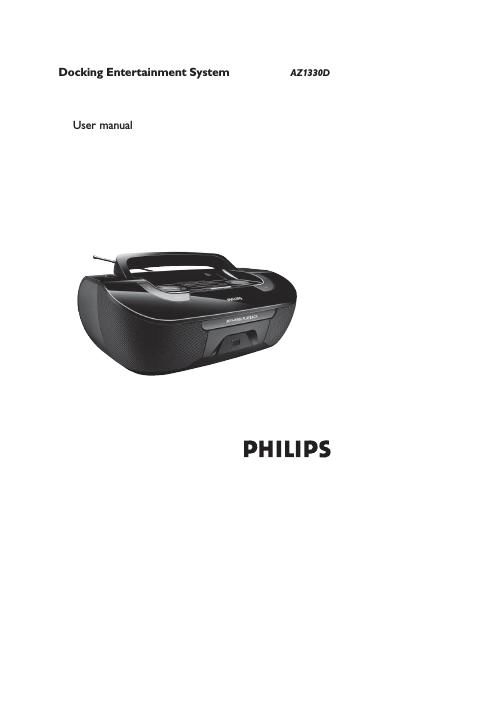Philips az 1330 d owners manual
This is the 14 pages manual for philips az 1330 d owners manual.
Read or download the pdf for free. If you want to contribute, please upload pdfs to audioservicemanuals.wetransfer.com.
Page: 1 / 14
